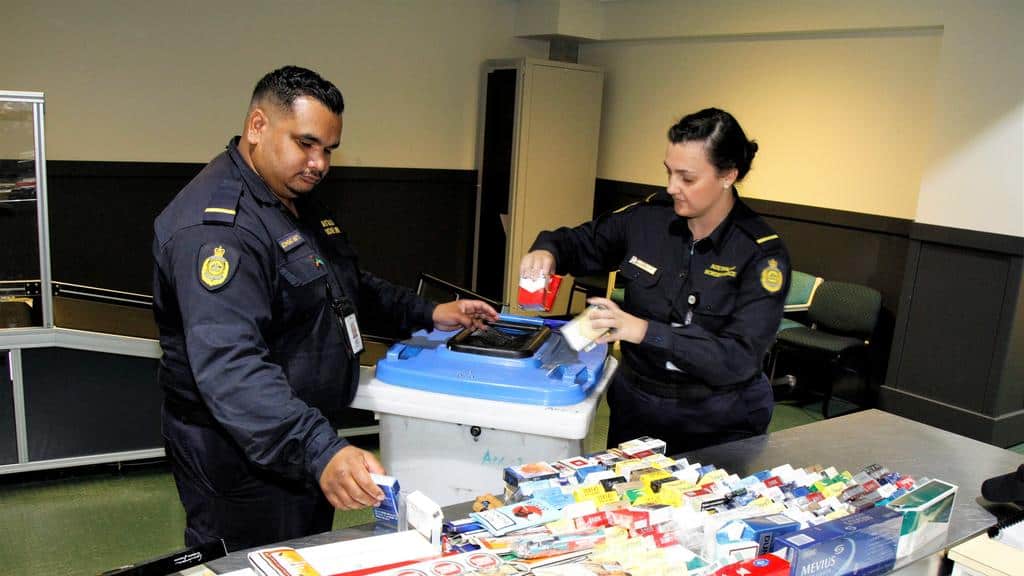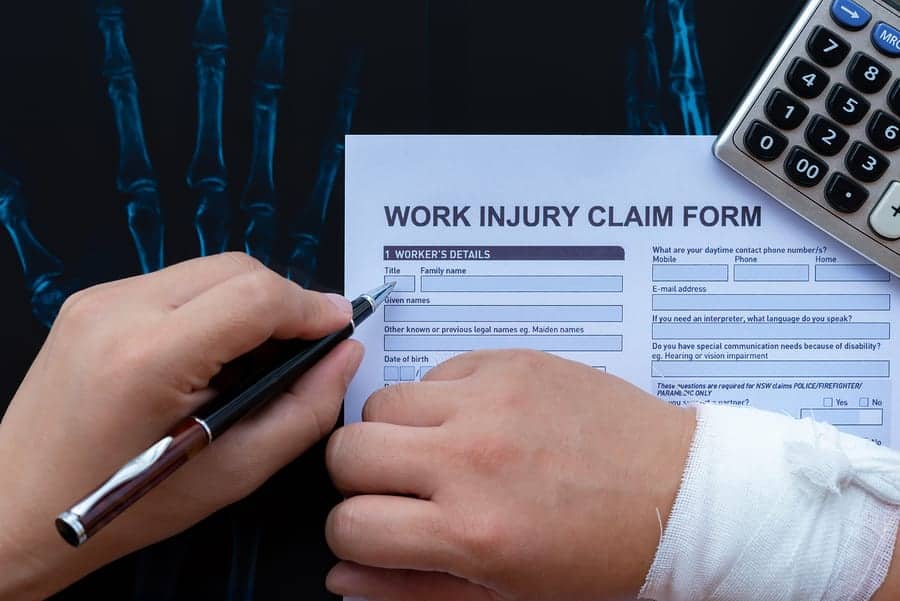Many clients usually ask if their contributions before the relationship or marriage count towards property that needs to be split between the parties. Others ask if their length of relationship or marriage will affect the division of property. Over the years of advising clients, we have noticed that there is a lot of misconception and confusion in relation to how property is split between parties after a relationship breaks down or if a divorce occurs.
It is important to note that when deciding on any family law financial dispute, the court will observe a number of general principles as set out by the
Family Law Act 1975.
When a court needs to work out who gets what in divorce in Australia, they generally follow these four steps:
- Identify and value all of the property of the parties (determining the Asset Pool);
- Assess the contributions of the parties;
- Identify the needs of the parties; and
- Determine what a just and equitable division would be.
These principles apply to all couples regardless of whether two parties were in a marriage or de facto relationship.
The court will base its decision on what is deemed to be fair and equitable after all relevant evidence is considered. The determining factors include:
- The value of your individual assets and debts and what they are worth (the Asset Pool);
- What direct financial contributions were made to the relationship by each party (wages, salary, etc.);
- What indirect contributions were made to the relationship by each party (gifts, inheritances, etc.);
- What non-financial contributions were made to the relationship such as child raising, homemaking, etc.; and
- Other external factors like age, health, the ability to care for children and the future earning potential of each party.
As a result, any decision handed down will be based on your family’s unique set of circumstances. This makes it difficult to predict a likely result. Generally, when it comes to working out who gets what, it mostly comes down to correctly understanding what is in your shared property pool and then considering the contributions and needs of each of you.
- So what does the Court mean by “Asset Pool”?
“Asset Pool” means the assets and liabilities of the parties and includes assets and liabilities in sole and joint names.
Examples of assets include real property (houses/townhouses/units, blocks of land, investment properties), a business, interests in companies and trusts, motor vehicles/motorbikes, caravans/camper trailers/boats, bank accounts, shares and superannuation funds. Examples of liabilities include loans (mortgages, personal loans, business loans), credit card debt, debt to Centrelink and debt to the Australia Taxation Office.
Many of our clients have the misconception that all property acquired before their relationship or marriage started is considered their own individual property and that the property is “safe” from being divided by the court. This is simply not true as the court will determine this on a case-by-case basis. Generally, most of the assets and liabilities that you and your ex-partner have should be considered in your shared asset pool. This is regardless of whose name they are in or whether you got them before or after your separation.
We have found that many separating couples tend to only consider things that are in their joint names (such as the matrimonial home). This can often result in a division of assets that looks alright on the face of things but actually leaves one of the parties at a disadvantage in terms of the division of assets.
Clients often think that they can buy new property and acquire new things of substantial value after the marriage or relationship ends because it is “safe” to do so. This is not true. It is important to note that property obtained after the date of separation or divorce are also counted in the asset pool because the court will look at the assets on the date final documents are filed with the court (for property settlement), and not as at the date of separation.
In most cases, parties might also dispose of property after divorce or separation. If a party sells a property after separation, it gets added back into the pool. Therefore, it is best to determine a property settlement with your former partner/spouse as close to the time of separation as possible, and before either party purchases or disposes any property.
- Contributions (Financial and Non-Financial)
Once the property pool is determined, the next step is to determine the financial and non-financial contributions of each party.
Financial contributions might include:
- Initial contributions (i.e. what each party brought to the relationship); and
- Contributions during the relationship (i.e. earnings of the parties during the relationship, contributions of each party to mortgage repayments and living expenses); and
- Contributions made post-separation (i.e. what each party has paid for since the date of separation, mortgage repayments, credit card repayments and school fees).
You do not have to be earning the money to be contributing to the wealth of the relationship. Caring for children, being a homemaker or doing improvements to the home are also considered contributions. These could even come from your families, such as a gift or loan to buy your first home or looking after the children.
Clients often think that they deserve to get more of the property division because of their contributions even if their relationship or marriage lasts for 20 to 30 years. However, in family law it is generally accepted that the longer your relationship, the less contributions are a factor. Usually, a relationship of longer than 15 years would typically be seen as a long-term relationship and the contributions likely considered equal. However, this always depends on the specific circumstances of the case.
- Current and Future Needs
After assessing your contributions, you will then need to consider your current and future needs. The most common needs that impact how you split your property are to do with your ages, your health, your ability to earn now and in the future and your responsibilities for caring for children.
Generally, if one of you is worse off than the other when comparing these factors, then an additional portion of the pool is given to you to help balance this out. When it comes to needs, your access to other resources such as support from family or a future inheritance may also be taken into consideration when working out how a particular need should impact the way you split things.
- Is it practical and just and equitable to effect the proposed property settlement?
Finally, the court will consider the practical effect of property settlement, and whether it is “just and equitable”. In certain cases, the court may deem that it is not “just and equitable” for a property settlement to occur. The court has the discretion to decide this and considers each case based on the circumstances of the case. If a court determines that it is not “just and equitable” for a property settlement to occur, then each party will have to walk away from the relationship/marriage with the assets and liabilities in their possession or sole name.
If you are facing a breakdown of your relationship or are going through a divorce and are unsure of what your rights are, please do not hesitate to contact us for help. Separation and divorce is tough in the best of times and it is often confusing for people as to what their rights are in situations such as this. Please contact one of our experienced Family Lawyers to get legal advice early on so as to avoid any costly mistakes.








































